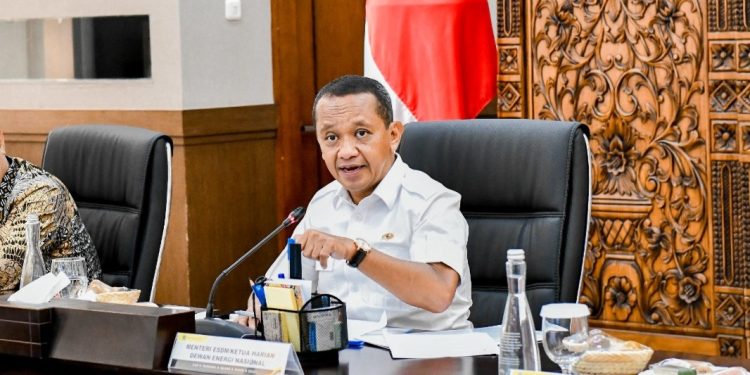Jakarta, Indonesia Sentinel — Indonesia’s Ministry of Energy and Mineral Resources (ESDM) is drafting new regulations to facilitate energy imports from the United States, following negotiations tied to reducing U.S. reciprocal tariffs. The deal is part of a broader trade agreement aimed at cutting the tariffs from 32 percent to 19 percent.
Indonesia has committed to importing up to $15 billion worth of energy from the U.S., equivalent to approximately IDR 244 trillion. Energy Minister Bahlil Lahadalia said the ministry will soon hold technical meetings with state-owned energy giant Pertamina to finalize which commodities will be imported.
“With the negotiation process concluded, our ministry must now take steps to follow up with Pertamina,” Bahlil said on Friday (July 18), as reported by Antara.
He outlined that the planned energy imports commodities including crude oil, refined petroleum products, and liquefied petroleum gas (LPG).
“One element of the deal is Indonesia’s proposal to purchase between $10 billion and $15 billion in U.S. energy commodities, specifically LPG, fuel, and crude oil,” Bahlil explained.
He noted that importing energy from the U.S. is not new for Indonesia, which has a longstanding history of sourcing various energy commodities from the country. However, Bahlil emphasized that the imports must be economically viable and mutually beneficial to avoid affecting state energy subsidies.
Read Also:
Indonesia Continue Negotiations with U.S., Secure 0% Import Tariffs on Several Essential Commodities
Separately, Fadjar Djoko Santoso, Vice President of Corporate Communication at Pertamina, confirmed that the company recently signed a memorandum of understanding (MoU) with a U.S. partner for crude oil procurement. The MoU, he said, is part of Indonesia’s proposal to reduce U.S. tariff rates.
Pertamina also plans to gradually increase its LPG imports from the U.S., targeting 60 percent of its total LPG import volume. In 2024, imports from the U.S. accounted for 57 percent of Pertamina’s total LPG imports.
“The expectation is to raise that share to around 60 percent gradually,” Fadjar said, while noting that discussions on expanding LPG imports from the U.S. are still ongoing.
(Raidi/Agung)


























